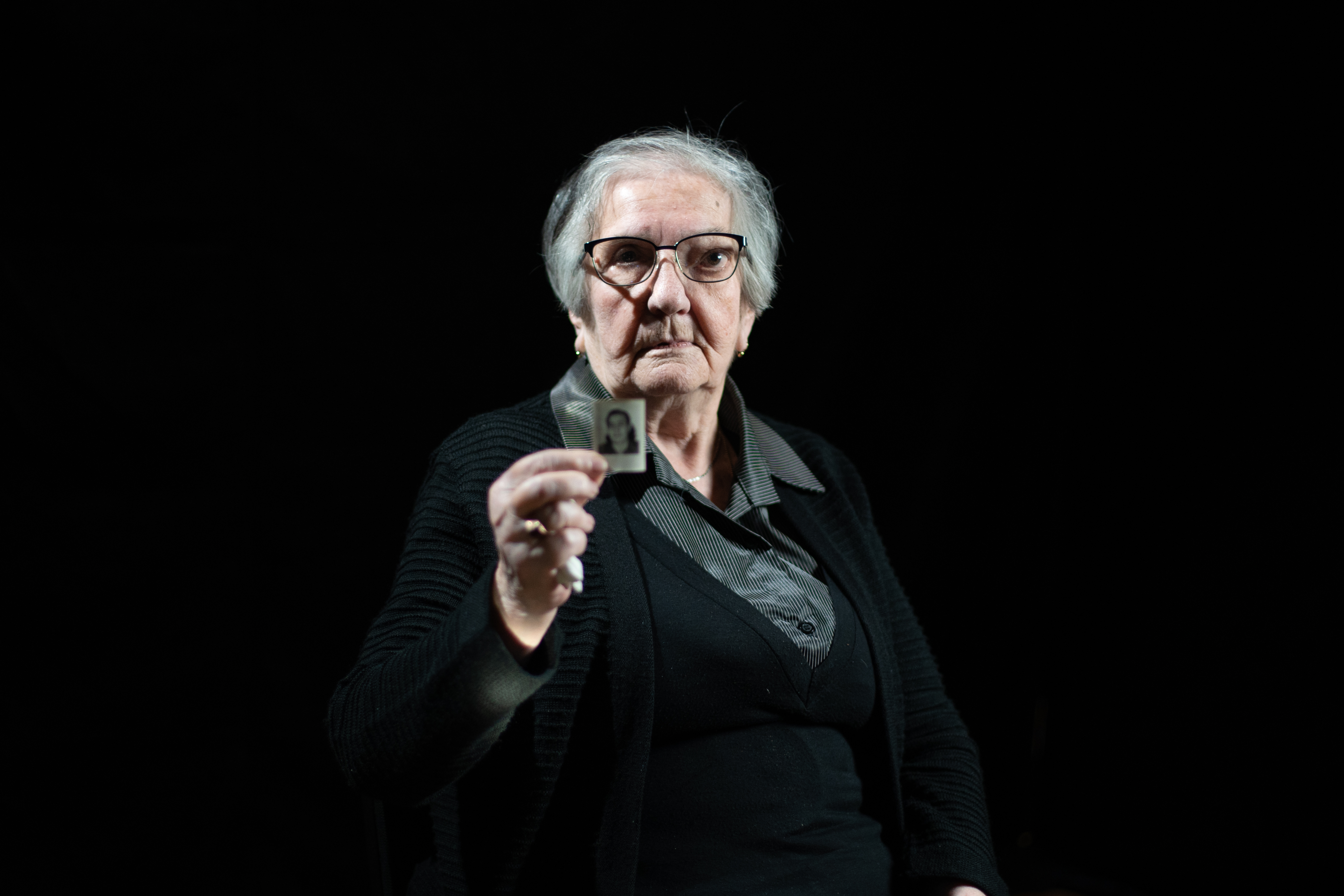Marija Šimić: surviving Gonars as a baby, charity and help, the importance of love

Stáhnout obrázek
Marija Šimić was born in Prezid, on March 28, 1942. Her mother was originally from the region of Gorski Kotar, her father from Lika. Because of the Italian occupation, as a baby, she is taken to the Fascist concentration camp in Gonars, together with her mother and grandparents. After the capitulation of Italy, thanks to the help of a lady, Marija and her mother find shelter. After the end of the war, Marija completes her studies and become a teacher.
